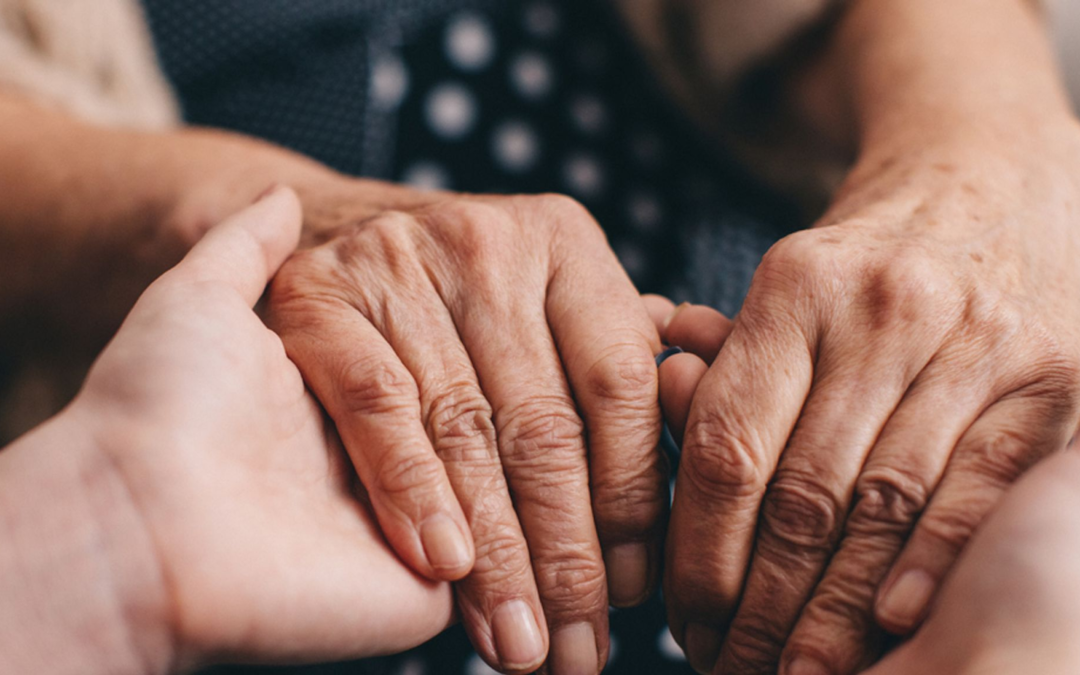Part 4: STOP HOSPITALIZATIONS
When the prognosis of six months or less has been given, hospice is in place, and advance directives are written, hospitalizations will be discouraged. Why do we do this?
Hospitals are breeding grounds for bacterias, viral infections, viruses, and other illnesses no matter how much they clean because there are so many ill people going to the hospital at the same time. No amount of mask-wearing and hand washing can deter all the potential illnesses floating around in hospitals. Therefore, we discourage going to the hospital on the basis of maintaining one’s health, to avoid getting sick with whatever is in the hospital. It is not good for someone who is elderly, terminal, very ill already with multiple comorbidities to get sick because it can increase discomfort, hasten their disease progression, worsen their quality of life, and even in some cases lead to early death. This is definitely true in the year of the pandemic with COVID-19, but especially the flu or even a mere cold that develops pneumonia can lead to early death in a dying patient.
When we advise not going to the hospital and the family and/or patient want to, we begin exploring the reasons why they would desire that. We might ask the patient and family what they hope to get out of the visit. Do they hope for a cure? Do they see themselves suddenly getting symptom relief? Do they want to fix that broken femur? If all these questions are answered with a yes, perhaps the patient is not truly in the mindset of the hospice philosophy. Hospitals are often overburdened, especially since the pandemic, so it’s a long wait to be hurried into inspection, to be tested, poked with needles, and eventually given little to no treatment when someone is already terminal. We find that the ambulance ride there and back and the long exhausting day at the hospital, is not only expensive but also very tasking on the terminal patient. Oftentimes, after hospitalization the patient will have a subsequent decline and their death may occur more rapidly as a result.
Hospice can provide the same treatments and tests at home without the long wait in an unfamiliar sickly setting. We have nursing available 24/7 and can respond to acute situations timely, administer treatment, provide support and comfort, and help the patient just like a hospital can, without exacerbating the symptoms of the patient.
